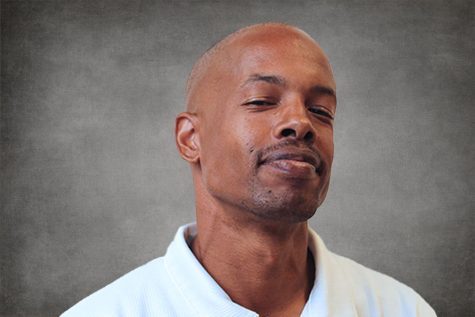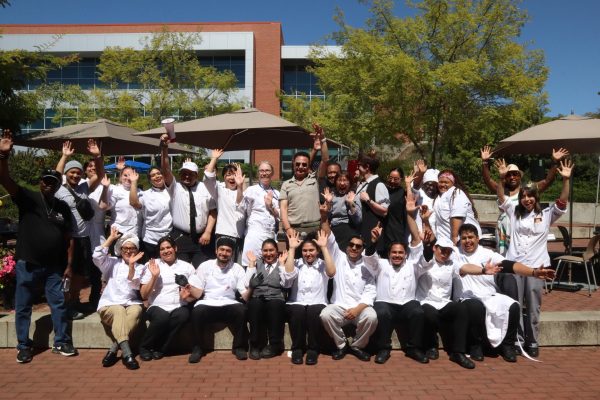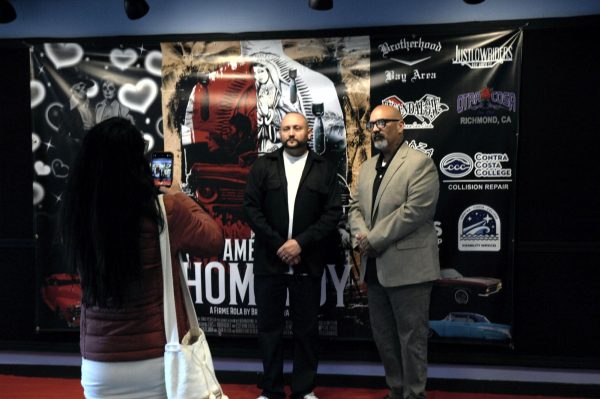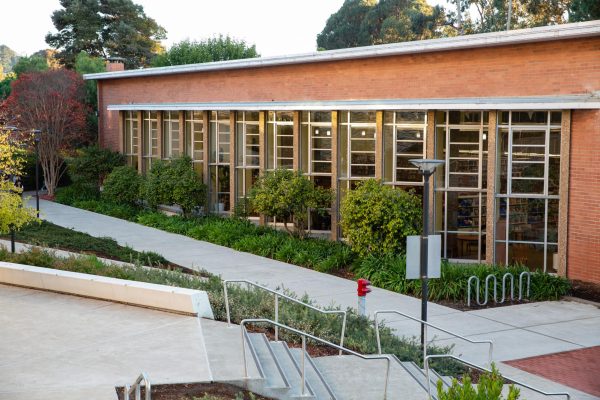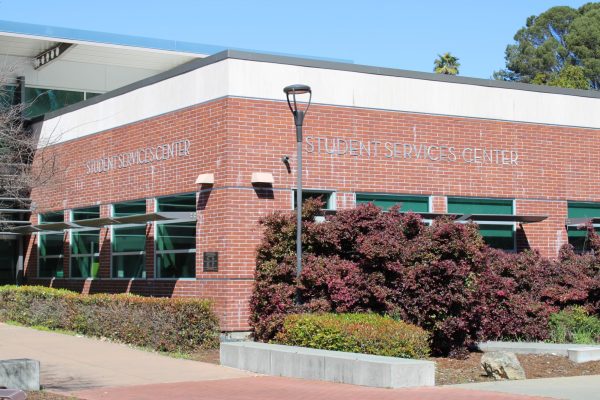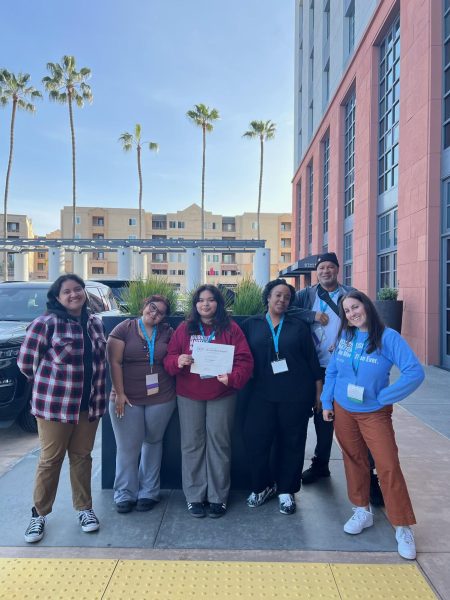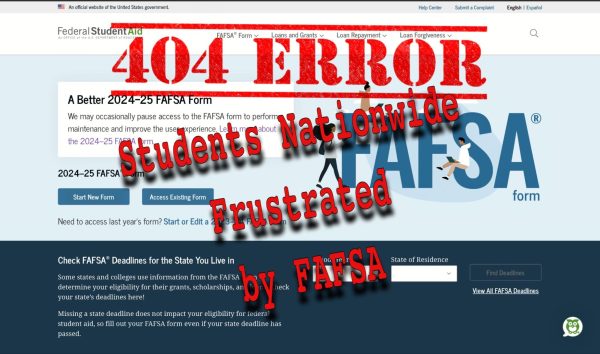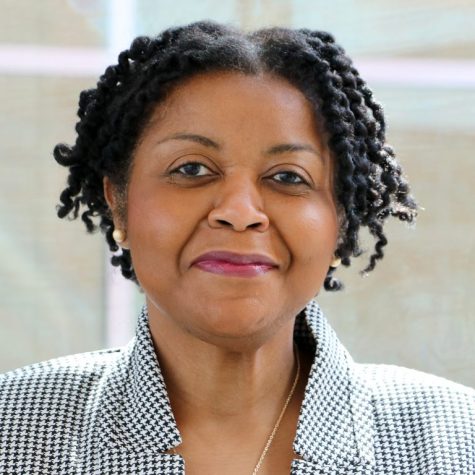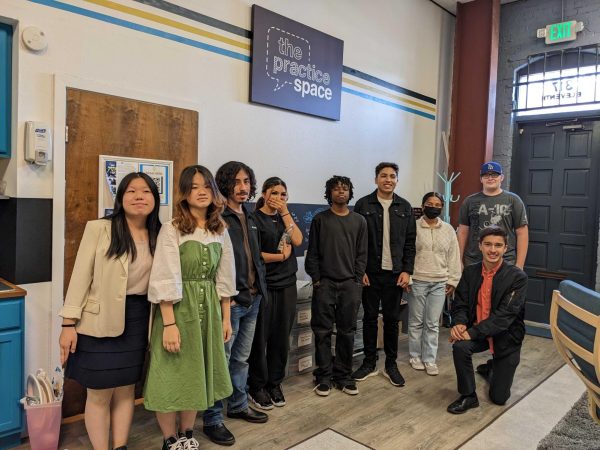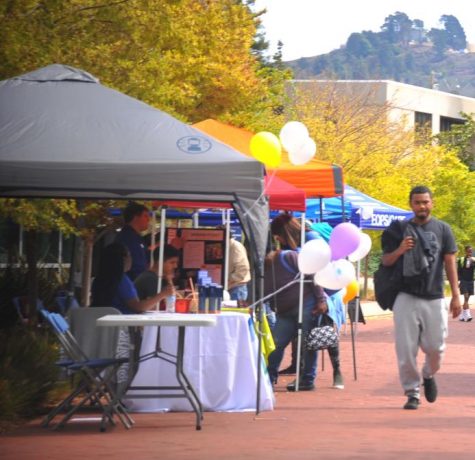Petition urges sanctuary decision
Discussions to shield minorities progress
December 7, 2016
In lieu of President-elect Donald Trump’s promise to eliminate Deferred Action for Childhood Arrivals and his pledge to deport three million undocumented people, administrators have been urged to create sanctuary campuses to protect undocumented students.
The initial push to have the Contra Costa Community College District colleges listed as sanctuary campuses came by way of a Nov. 23 petition addressed to the Governing Board.
With over 500 signatures and growing, the petition lays out multiple concrete actions the district can take to ensure the outstanding learning environment and nurturing atmosphere it hopes to provide is protected for all students.
In a Chancellor’s Office Cabinet meeting held Nov. 30, Contra Costa College President Mojdeh Mehdizadeh met with district lawyer Gabriel Sandoval, who specializes in federal and state civil rights law.
“We need to do more research to get a sense of what our options are,” Mehdizadeh said. “It was good to know what systems are already in place so we can know what to do as an institution moving forward.”
Sandoval has also been added to the agenda for the next Governing Board meeting on Dec. 14.
The meeting is not scheduled to provide solutions, only to examine how to best protect undocumented students without being at risk of losing any federal funding, board President Vicki Gordon said.
“It is such an important issue, but we do have a timeline,” Gordon said. “My strategy is to see if my board could find a date in early January. But it is prudent that instead of waiting until the meeting on the Jan. 25 to try and piece together the process, review information shared at the (Dec 14 meeting) and getting our new members up to speed, we want reach a decision during the second week of January.”
For now, CCC is developing a frequently asked questions page for the campus website to keep students up-to-date with what the district knows right now.
“What we don’t know is what is going to happen on Jan. 20,” Mehdizadeh said.
Since Election Day, counselors have reported an increase in visits from students exhibiting anxiety or depression while facing the uncertainty that unfolded after the election.
The petition calls on the Governing Board to create a district policy to not cooperate with federal Immigration and Customs Enforcement (ICE) authorities with deportations or immigration raids. It also calls for assurances from the entire district and its colleges that district police will not help the federal government with inquiries regarding the immigration status of students.
“To step on a campus where you know the philosophy is that you are protected when you are here provides a sense of safety,” CCC counselor Norma Valdez said. “There are places where immigrants should not be targeted.”
A link to a (ICE) memorandum found in the petition titled “Actions at or Focused on Sensitive Locations” defines the policies immigration officers have been set to uphold since the 2011 date of the document.
It lists public institutions like schools or churches that deportations are prohibited unless it is an ongoing law enforcement action, but more importantly, if prior authorization is obtained by the federal government.
“I’m not going to ask you or anyone else for their citizenship card,” CCC Police Services Lt. Tom Holt said. “The feds can’t ask me to check everyone that looks Muslim or (Latino) for their citizenship unless I check everyone on this campus — it doesn’t make any sense.”
The institutions listed for protection include pre-school, primary school, secondary school, colleges and trade schools.
California has the largest population of undocumented immigrants with 2.3 million, according to the Pew Research Center.
“We want to make everyone comfortable on campus — to feel safe leaving home and going to school without worrying about getting pulled out of class because of who they are,” Ward I board Trustee John Marquez said. “We want all people in our community to feel a sense of security at work, school and home.”


